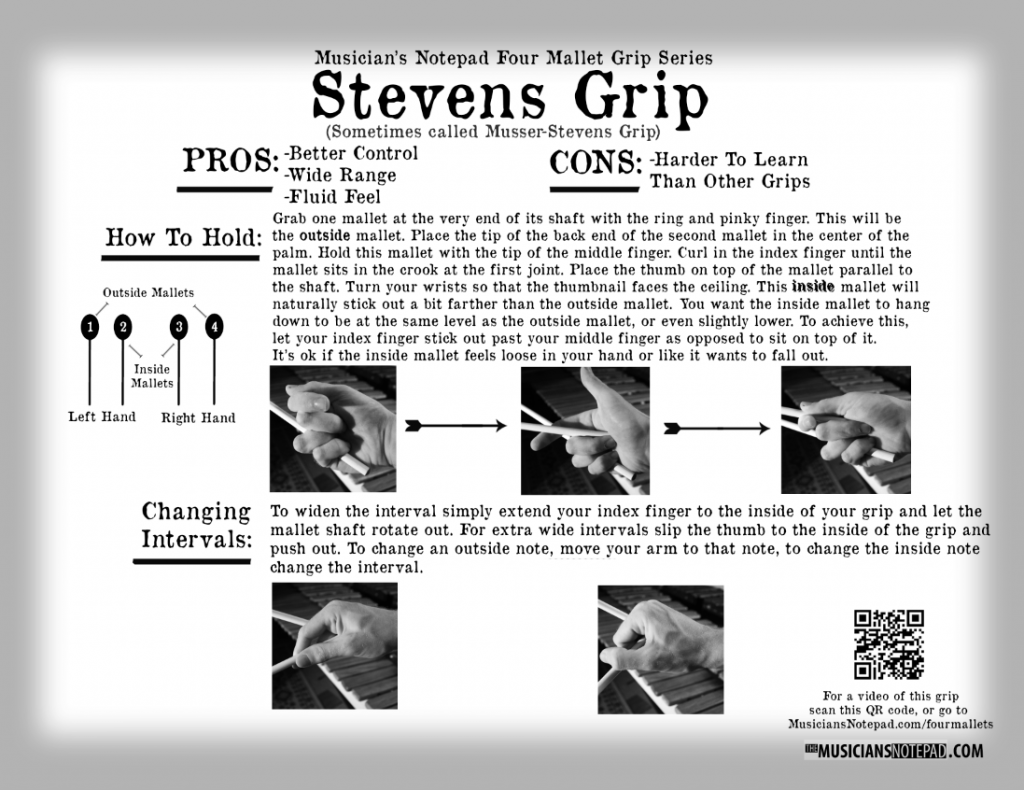Piano VS Flute
-
The piano and the flute, both members of the vast orchestra of musical instruments, exhibit distinctive qualities that have enchanted audiences for centuries. While the flute possesses its own unique charm, the piano stands out as a superior and more versatile instrument, captivating hearts and minds across diverse musical landscapes.
One of the primary strengths of the piano lies in its expansive range of notes and dynamics. With a full spectrum of keys, the piano allows for intricate melodies, harmonies, and complex chord progressions that can evoke a wide range of emotions. The flute, while capable of producing beautiful and ethereal tones, struggles to match the polyphonic capabilities and expressive depth of the piano. The piano’s ability to create a symphony of sounds, from thunderous lows to delicate highs, gives it a distinct advantage in conveying the nuances of musical compositions.
Another notable feature that elevates the piano is its capacity to produce sustained tones. Unlike the flute, which relies on the player’s breath control and embouchure, the piano’s keys allow for longer and more resonant notes. This characteristic contributes to the instrument’s ability to create a rich, immersive sonic experience, drawing listeners into the intricate tapestry of the music being performed.
In addition to its sonic superiority, the piano offers a visual representation of musical notes on the keyboard. This visual clarity not only enhances the learning experience for musicians but also serves as a valuable educational tool. The piano’s layout facilitates a deeper understanding of music theory, aiding in the comprehension of scales, intervals, and chord structures. This visual aspect makes the piano an excellent instrument for teaching and learning music, fostering a more intuitive grasp of musical concepts.
Versatility is another area where the piano outshines the flute. The piano seamlessly adapts to a myriad of musical genres, ranging from the classical masterpieces of Beethoven to the improvisational jazz of Duke Ellington and the contemporary pop hits of today. Its ability to serve as a solo instrument, accompaniment, or the centerpiece of an ensemble makes the piano an indispensable part of musical versatility. The flute, while exquisite in its own right, is often confined to specific genres and may lack the adaptability that the piano effortlessly demonstrates.
In the end, while both the piano and the flute contribute to the rich tapestry of musical expression, the piano’s expansive range, sustained tones, visual clarity, and unparalleled versatility position it as a superior instrument. Its ability to convey the depth of human emotion through a vast array of sounds makes the piano not just a musical instrument but a powerful medium for artistic expression.
 Wins again with no doubts involved.
Wins again with no doubts involved. -
How about flute and piano? https://musescore.com/user/33901052/scores/9201201?share=copy_link
-
Peaceful. Or should I say “Pieceful”
-
false, i play both, flute wins, no questions asked.
-
@finneass No. Piano all the way.
-
@Bandit ew
-
@finneass
Sorry I can’t hear you over the brass and literally every other instrument in existence -
@Bandit sorry i can’t hear you guys fucking up the tempo every time we play
-
@finneass At least we can be heard

-
@Bandit at least we know our shit .-_.-
-
@finneass 1 percussionist can play 4 notes at once, I don’t see you guys out here playing 4 flutes at once.
In conclusion:
1 Percussionist = 4 Flutes -
@Bandit yk, flute actually takes TALENT (if you can’t tell im joking)
-
@finneass *cough

-
@Bandit no talent needed
-
Маринма P I A N O
-
@finneass Uhhm Trumpets rule blud HIGH BRASS NUMBER ONEEE
-
@Rin stfu you’re literally overrated brass dogshit
-
@finneass UHHM THATS WHY BLUE DEVILS BRASS GETS MORE RECOGNITION THAN WOODWINDS
-
@Rin UMMMM THATS WHY YOUR INSTRUMENT IS OVERPLAYED
-
@finneass UHMMM THATS A GOOD THING?? FLUTE FEATURES ARE ASS DUDE CAN’T EVEN HEAR EM. TRUMPETS HAVE BETTER LICKS FR